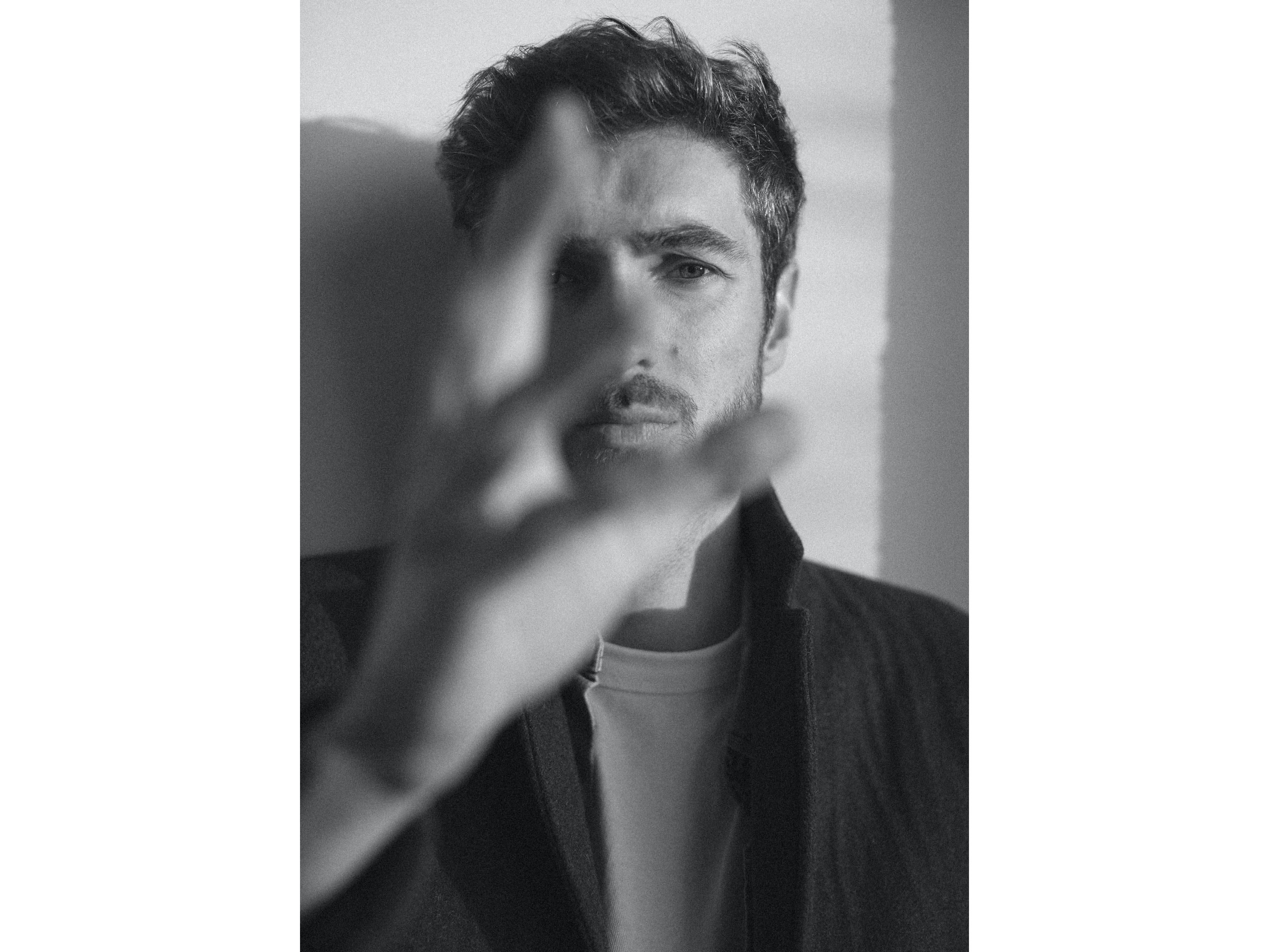Gali Gool OnlyFans Leak: What You Need To Know (Dec 19, 2024)
Was the digital world truly prepared for the fallout from the Gali Gool OnlyFans leak? The incident, a stark reminder of the vulnerabilities within online platforms and the enduring struggle for personal privacy, demands a comprehensive examination of its impact, far beyond the initial shockwaves.
The digital age, while offering unprecedented connectivity and creative freedom, has also birthed a landscape fraught with potential for exploitation. The Gali Gool leak, occurring around December 19, 2024, ripped through the facade of security that often shrouds online spaces, exposing the delicate balance between consent, privacy, and the dissemination of personal content. The repercussions, touching everything from individual lives to the broader societal understanding of digital ethics, necessitate a deep dive into the specifics, the ramifications, and the critical conversations it has spurred. The leak, which apparently originated from Gali Gool's OnlyFans account, swiftly propagated across various online platforms, leaving a trail of digital debris in its wake. The rapid, almost viral spread underscored the fragility of content control in the modern internet and the ease with which intimate moments can be exploited. The incident became a stark illustration of the potential for digital platforms, designed for connection and expression, to be weaponized against individuals, causing widespread distress and prompting urgent questions about responsibility and accountability. The focus isn't solely on the content itself but the circumstances of its release the violation of trust, the potential for non-consensual distribution, and the psychological impact on those involved. The discussions sparked by the leak expanded to encompass the ethical obligations of content creators, the responsibilities of platforms in policing their ecosystems, and the need for robust digital literacy to protect individuals from falling victim to malicious practices. The incident also highlighted the urgent need for a more nuanced and comprehensive understanding of consent in the digital sphere. Consent is not a static concept, but an active, ongoing process. In the context of platforms like OnlyFans, it requires clear communication, transparency, and the ability for individuals to maintain control over their content. This is especially critical given the potential for content to be shared beyond the platform, creating a perpetual risk of privacy breaches. Furthermore, the leak ignited critical discussions about the mental health implications of such events. Victims often endure a torrent of online harassment, abuse, and stigmatization. The psychological impact extends beyond the initial violation, potentially leading to long-term trauma, anxiety, and depression. Support networks, both professional and peer-based, became vital resources for individuals seeking to navigate the emotional aftermath. The Gali Gool incident became a catalyst for further inquiry into the legal and regulatory frameworks surrounding digital privacy. This prompted a re-evaluation of existing laws and a push for stronger protections against non-consensual image-based abuse. The incident highlighted the inadequacy of current legislation in many jurisdictions, and the need for updated laws to address the evolving challenges of the digital landscape. It underscored the importance of data protection and cyber security measures. The leak also shed light on the role of media and public discourse in shaping perceptions around digital privacy. The way the leak was covered, the language used, and the framing of the narrative influenced public understanding of the issues at stake. Responsible reporting and ethical journalism are paramount in mitigating the potential for further harm and promoting constructive dialogue. Ultimately, the Gali Gool leak serves as a sobering reminder of the challenges and vulnerabilities of the digital age. It underscores the importance of promoting digital literacy, advocating for robust legal protections, and fostering a culture of respect and accountability. This requires a collective effort involving content creators, platform providers, lawmakers, and users to ensure that the online environment is not only a space for expression but also a place where privacy and consent are respected.
Given the context, let's frame the table around the core elements of the incident, while omitting direct personal details that could compromise privacy. This aligns with ethical considerations while ensuring a clear and informative presentation.
| Aspect | Details |
|---|---|
| Incident Overview | Non-consensual distribution of content originating from an OnlyFans account, allegedly linked to the individual identified as Gali Gool. |
| Date of Significant Events | Around December 19, 2024, when the leak was widely reported and circulated. |
| Digital Platforms Involved | OnlyFans (origin), and various social media platforms, websites, and forums where the leaked content was disseminated. |
| Key Issues Raised | Privacy violations, non-consensual content distribution, consent, data security on content-sharing platforms, the psychological impact on individuals, the ethics of content creation and distribution, digital literacy, legal and regulatory gaps, the role of social media in information spread. |
| Potential Ramifications | Damage to personal reputation, emotional distress, legal consequences for those involved in the unauthorized distribution of the content, scrutiny of platform policies, and broader societal discussions about digital ethics and privacy. |
| Legal and Regulatory Context | Consideration of existing laws surrounding privacy, copyright, and non-consensual image sharing; potential need for updated legislation to address digital vulnerabilities; discussion of legal recourse for victims. |
| Focus on Consent | The importance of understanding consent as a dynamic and informed process within digital spaces, clear communication, control over one's content, and consequences for breaches of consent. |
| Mental Health Implications | Discussion of the potential psychological impact on victims, including trauma, anxiety, and depression; resources available to support victims, and advocacy for increased mental health services. |
| Platform Accountability | Examining the responsibilities of platforms like OnlyFans, to protect users and take measures to prevent the distribution of non-consensual content, as well as to support individuals impacted by leaks. |
| Digital Literacy | Promoting digital literacy, and educating individuals about online safety, privacy settings, the risks of sharing personal content, and the dangers of engaging with non-consensual material. |
| Media Coverage | Assessing the role of media outlets in reporting on the incident, including ethical considerations such as avoiding the promotion of harmful content and promoting responsible reporting practices. |
| Societal Impact | A wider discussion about evolving societal norms, and how digital technologies are reshaping understandings of consent, privacy, and personal expression. |
While specific details about the individual involved are omitted for privacy reasons, further general information about OnlyFans policies and digital privacy can be found at the official website: OnlyFans Official
The ripple effects of the Gali Gool OnlyFans leak continue to reverberate, prompting critical reflections on the very fabric of our digital lives. The initial event, occurring around December 19, 2024, quickly became a watershed moment, revealing deep-seated vulnerabilities within online ecosystems and the complex interplay between individual privacy, creative expression, and the ethics of content distribution. The story, much like the digital landscape itself, is multi-layered.
The core issue, the non-consensual distribution of content originating from Gali Gool's OnlyFans account, served as a stark reminder of the precariousness of personal privacy in the digital age. The leaked content, its unauthorized dissemination across various online platforms, exposed the inherent risks associated with content sharing. The ease with which intimate materials can be replicated, shared, and amplified online, often outside the control of the original creator, highlights a pressing need for enhanced safeguards and stricter regulations. The incident sparked conversations about the legal frameworks governing digital privacy, intellectual property rights, and the ethical responsibilities of platforms that host user-generated content. Furthermore, it triggered debates about the need for digital literacy education and promoting a culture of respect in online interactions.
- Unveiling The Truth Exploring The Kaitlyn Krems Onlyfans Leaks
- Bollywood More Your Guide To The World Of Movies Streaming
The initial shock and outrage were swiftly followed by a deeper, more nuanced examination of the concept of consent itself. In the context of platforms like OnlyFans, where individuals voluntarily share content for financial gain, the boundaries of consent are especially crucial. The Gali Gool incident emphasized that consent is not a one-time agreement, but rather an ongoing process. Transparency, clear communication, and the ability to maintain control over content are fundamental to ensuring that platforms and users alike understand the nuances of digital privacy. The incident brought issues to light, including the potential for content to be shared beyond the original platform, creating a perpetual risk of privacy breaches and exploitation.
Beyond the immediate repercussions, the leak exposed the severe mental health implications for the victims. Individuals affected by such events are often subjected to intense online harassment, cyberbullying, and public shaming, which often lead to severe psychological trauma. The long-term effects can include anxiety, depression, and post-traumatic stress disorder. Recognizing the mental health risks, support networks became vital resources for individuals seeking to navigate the emotional turmoil and begin the healing process. This fueled the urgency for mental health services and a more compassionate approach in society. The incident served as a catalyst for further inquiry into the legal and regulatory frameworks surrounding digital privacy. This prompted a re-evaluation of existing laws and a push for stronger protections against non-consensual image-based abuse. The incident highlighted the inadequacy of current legislation in many jurisdictions, and the need for updated laws to address the evolving challenges of the digital landscape.
The leak of Gali Gool's content also shone a light on the role of media and public discourse in shaping perceptions around digital privacy. The way the leak was covered, the language used, and the framing of the narrative influenced public understanding of the issues at stake. Responsible reporting and ethical journalism are paramount in mitigating the potential for further harm and promoting constructive dialogue. The incident became a platform to shed light on legal and regulatory gaps, the imperative for better data protection, and for ethical practices in the digital domain.
The event has spurred a wider conversation about the very nature of consent. The leak highlighted the vulnerability of digital spaces and the urgent need for enhanced digital literacy. It underscored that consent is not a simple yes or no, but a complex and evolving process that requires ongoing communication, respect, and accountability. This shift in perspective is crucial for navigating the ethical dilemmas presented by the evolving digital landscape.
Looking beyond the immediate fallout, the Gali Gool leak will likely continue to shape the evolution of digital rights, platform accountability, and the legal frameworks intended to safeguard personal privacy. The incident serves as a call to action for all stakeholders - creators, platforms, lawmakers, and users - to promote a digital environment that is not only a space for expression but also a place where privacy and consent are not merely acknowledged, but also actively respected and fiercely protected.
- Rajiv Surendras Partner Unveiling The Actors Life Relationships
- Explore Somali Wasmo Telegram Channels Find It Here

Gali Gool Daily OnlyFans

The Shocking Reality Of Gali_Gool's OnlyFans Truth or Fiction

Gali Gool's OnlyFans A Timeline Of Events Truth or Fiction